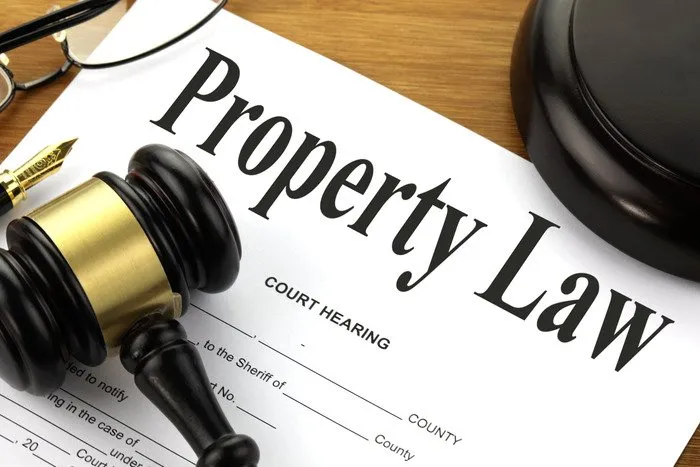Understanding License Requirements for Houses in Multiple Occupation (HMO)
Investing in Houses in Multiple Occupation (HMO) has become increasingly popular among property investors seeking high rental yields. However, understanding the license requirements associated with HMOs is crucial for maintaining compliance with the law and ensuring a profitable venture. This article delineates the key aspects of HMO licensing in the UK, providing a comprehensive guide for current and prospective landlords.
Definition and Importance of HMO Licensing
An HMO is defined as a property rented out by at least three people who are not from one household but share facilities such as the bathroom or kitchen. The HMO licensing system was introduced to ensure these properties meet specific health and safety standards, guaranteeing a safe living environment for tenants. For landlords, securing the appropriate license is mandatory and non-compliance could lead to substantial fines or even criminal charges.
Types of HMO Licenses
There are primarily two types of HMO licenses that landlords need to be aware of:
- Mandatory Licencing: Required for large HMOs, where the property is rented to five or more people forming more than one household. This type of license is a statutory requirement across England.
- Additional Licensing: Some local councils impose additional licensing requirements on smaller HMOs not covered by the mandatory scheme. This depends heavily on specific local authority regulations.
The Application Process
The application for an HMO license involves several critical steps. Landlords must initially contact their local council, as they are responsible for administering and enforcing HMO licenses. The application requires providing detailed property information, including layout plans, safety measures, and management arrangements. Additionally, a fee, which varies depending on the local council and the size of the HMO, is typically payable upon application.
Responsibilities of an HMO Landlord
Once an HMO license is granted, landlords must adhere to a host of regulations, primarily revolving around property management and tenant safety. This includes ensuring proper fire safety measures, maintaining shared facilities, and conducting regular repairs. For landlords, staying updated on any changes in regulations is essential, as failure to comply could lead to revocation of their HMO license.
Renewal and Revocation
HMO licenses are generally valid for five years, after which landlords need to apply for a renewal. Failure to renew can result in operating an unlicensed HMO, carrying hefty penalties. In serious cases, councils have the authority to revoke licenses due to severe non-compliance with safety and management standards. Diligent property management practices ensure smooth renewal processes and continued compliance.
Conclusion
Understanding and managing HMO license requirements is a critical aspect of successful property investment in the UK. Prospective and current landlords must remain diligent, ensuring they are fully compliant with local and national legislation. Addressing these regulations not only protects landlords from legal ramifications but also upholds the safety and well-being of tenants, contributing to a thriving rental market.
Key Takeaways
- HMO licensing ensures tenant safety and compliance with health and safety standards.
- Landlords must be aware of both mandatory and additional licensing depending on local council regulations.
- Proper application and meticulous property management are crucial to maintaining a valid HMO license.
Sources
- Gov.uk – House in Multiple Occupation Licence
- Propertymark – HMO Licensing
- Residential Landlords Association – HMO Licensing Guide





